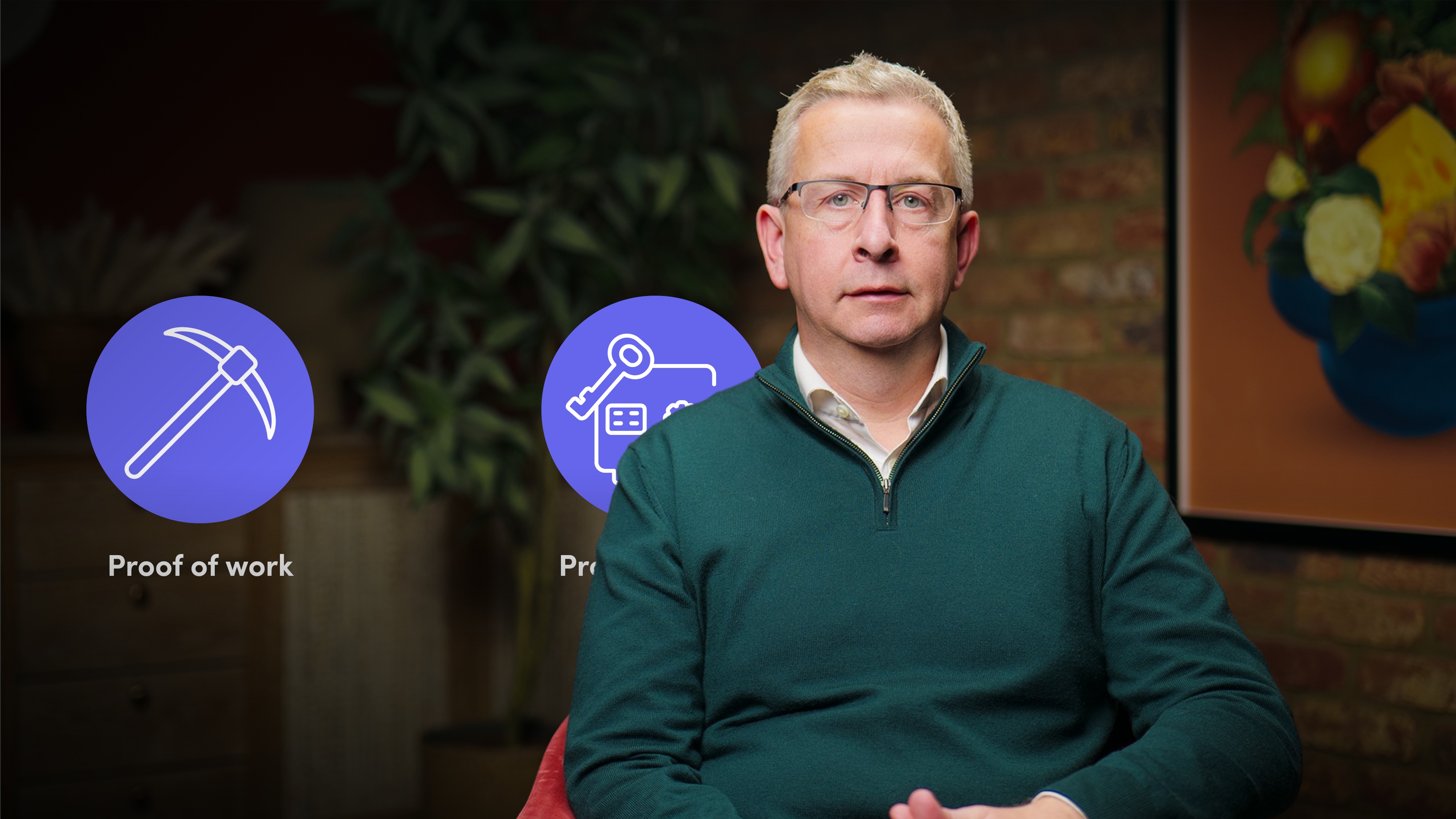
Green and Sustainable Fintech II

Simon Thompson
Managing Director and Author
The finance sector has a rich history of embracing technology, from adding machines to AI and machine learning. The evolution, known as FinTech, involves digital, data-driven, internet-enabled, and AI technologies, impacting the delivery of financial services. Beyond traditional financial institutions, a broad ecosystem includes FinTech and BigTech firms like Apple, Alphabet, and Alibaba. Green and sustainable FinTech is seen as a catalyst for achieving Paris Agreement objectives and UN Sustainable Development Goals. Despite overall positivity, concerns about potential negative consequences of FinTech tools and techniques require attention.
The finance sector has a rich history of embracing technology, from adding machines to AI and machine learning. The evolution, known as FinTech, involves digital, data-driven, internet-enabled, and AI technologies, impacting the delivery of financial services. Beyond traditional financial institutions, a broad ecosystem includes FinTech and BigTech firms like Apple, Alphabet, and Alibaba. Green and sustainable FinTech is seen as a catalyst for achieving Paris Agreement objectives and UN Sustainable Development Goals. Despite overall positivity, concerns about potential negative consequences of FinTech tools and techniques require attention.
Subscribe to watch
Access this and all of the content on our platform by signing up for a 7-day free trial.

Green and Sustainable Fintech II
6 mins 13 secs
Key learning objectives:
Explain the uses and benefits of FinTech tools in promoting G&S development
Identify some real-world examples of the impact of FinTech
Overview:
The finance sector has a rich history of embracing technology, from adding machines to AI and machine learning. The evolution, known as FinTech, involves digital, data-driven, internet-enabled, and AI technologies, impacting the delivery of financial services. Beyond traditional financial institutions, a broad ecosystem includes FinTech and BigTech firms like Apple, Alphabet, and Alibaba. Green and sustainable FinTech is seen as a catalyst for achieving Paris Agreement objectives and UN Sustainable Development Goals. Despite overall positivity, concerns about potential negative consequences of FinTech tools and techniques require attention.
Subscribe to watch
Access this and all of the content on our platform by signing up for a 7-day free trial.
- The risks of digital exclusion, especially in relation to vulnerable customers
- Granularity - the individual pricing of risk enabled by AI and advanced data analysis, which may exclude individuals from products such as insurance
- Unconscious bias in AI and machine learning
- The loss of data control and privacy
- In the case of cryptocurrencies, bitcoin relies on “mining”, which in turn requires huge computing power and energy consumption to function. This power is often generated via fossil fuels
- Increased automation can lead to significant increases in job insecurity. At the extreme, the replacement of large numbers of customer-facing and back-office jobs
- Greenwashing: The benefits of a new product are overstated in order to secure investment or grow market share
Subscribe to watch
Access this and all of the content on our platform by signing up for a 7-day free trial.

Simon Thompson
There are no available Videos from "Simon Thompson"





























